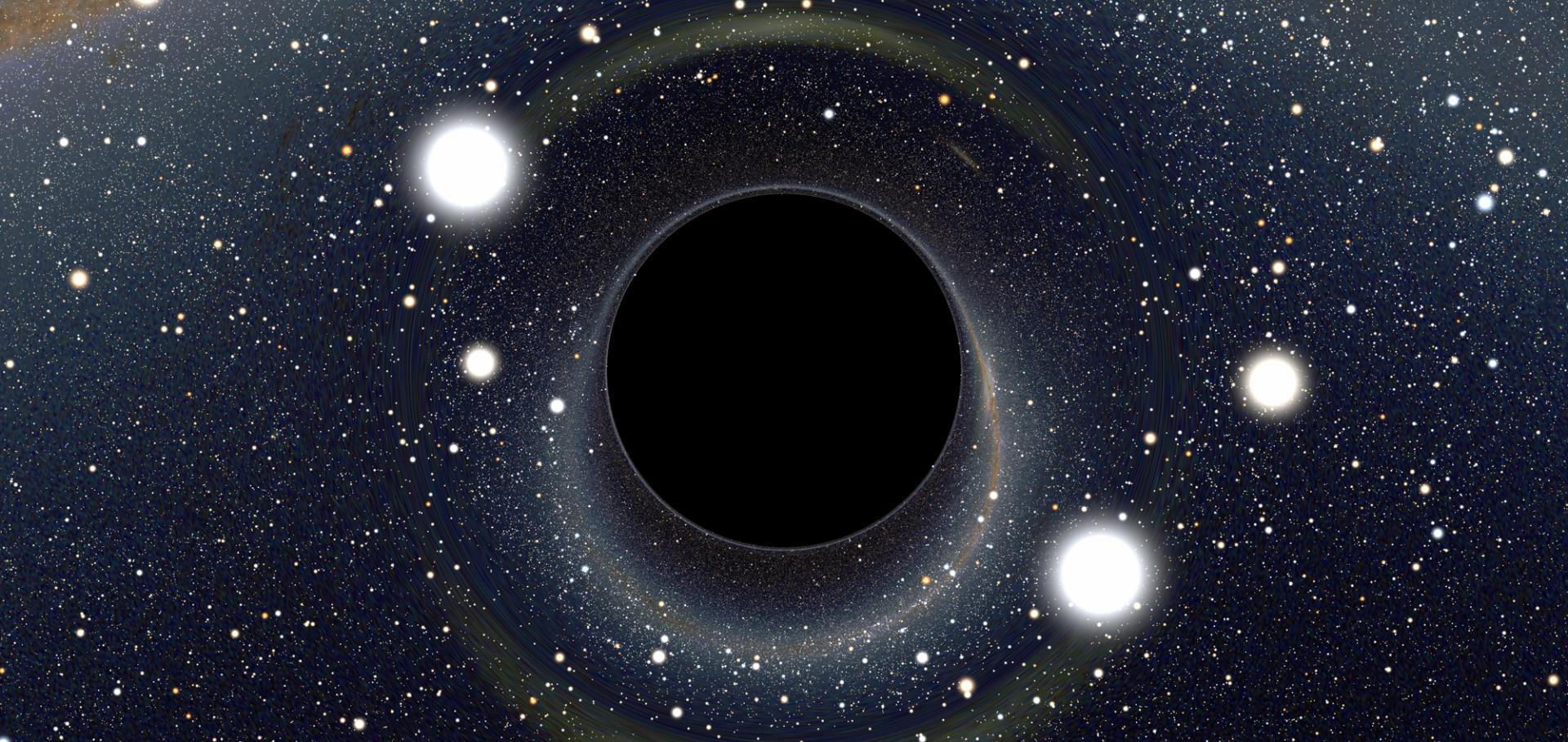Dark matter within high surface brightness spiral galaxies
ASTROPHYSICAL JOURNAL 586:1 (2003) 143-151
Star Formation in a Multi-Phase Interstellar Medium
Chapter in The Evolution of Galaxies, Springer Nature (2003) 539-542
Dark matter within high surface brightness spiral galaxies
ArXiv astro-ph/0212290 (2002)
Abstract:
We present results from a detailed dynamical analysis of five high surface brightness, late type spirals, studied with the aim to quantify the luminous-to-dark matter ratio inside their optical radii. The galaxies' stellar light distribution and gas kinematics have been observed and compared to hydrodynamic gas simulations, which predict the 2D gas dynamics arising in response to empirical gravitational potentials, which are combinations of differing stellar disk and dark halo contributions. The gravitational potential of the stellar disk was derived from near-infrared photometry, color-corrected to constant (M/L); the dark halo was modelled by an isothermal sphere with a core. Hydrodynamic gas simulations were performed for each galaxy for a sequence of five different mass fractions of the stellar disk and for a wide range of spiral pattern speeds. These two parameters mainly determine the modelled gas distribution and kinematics. The agreement between the non-axisymmetric part of the simulated and observed gas kinematics permitted us to conclude that the galaxies with the highest rotation velocities tend to possess near-maximal stellar disks. In less massive galaxies, with v_max<200 km/s, the mass of the dark halo at least equals the stellar mass within 2-3 R_disk. The simulated gas morphology provides a powerful tool to determine the dominant spiral pattern speed. The corotation radius for all galaxies was found to be constant at R_corotation ~ 3 R_disk and encloses the strong part of the stellar spiral in all cases.Forming stars on an exponential timescale: the key to exponential stellar profiles in disc galaxies?
Monthly Notices of the Royal Astronomical Society 333 (2002) 894-910


